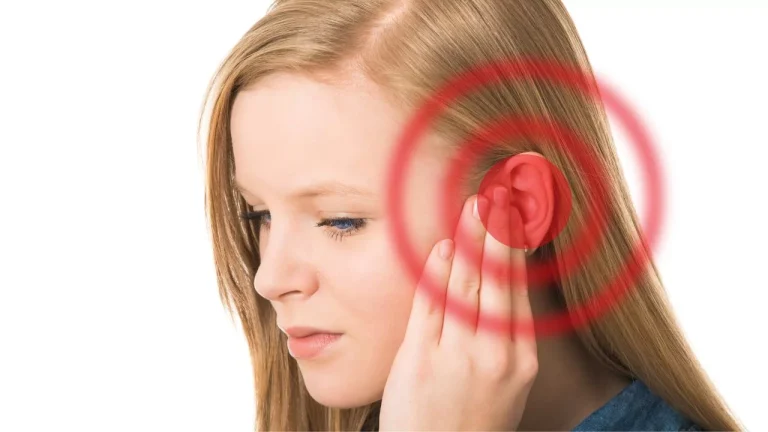Tinnitus causes and treatment are vital topics for anyone experiencing constant ringing or buzzing in the ears. Tinnitus is the perception of sound without an external source. It may feel like ringing, buzzing, hissing, or even musical tones. For some, it is a temporary issue, but for many, it becomes chronic and deeply disruptive.
Primary tinnitus occurs when the brain generates phantom sounds, often linked to hearing loss or noise exposure. Secondary tinnitus comes from vibrations in the body, such as muscle spasms or blood flow. Both types interfere with sleep, concentration, and daily life, and can worsen anxiety or depression.
Common symptoms of tinnitus
The most reported symptom is a ringing in the ears, though others describe buzzing, humming, or clicking sounds. Symptoms can vary in:
- Perceived source: one ear, both, or asymmetrical.
- Quality: fluctuating loudness or changing pitch.
- Duration: intermittent episodes or constant noise.
- Reactivity: louder after stress, lack of sleep, or noise exposure.
Secondary tinnitus may sound rhythmic, pulsing with the heartbeat, or may click due to muscle spasms.
Tinnitus causes
Researchers cannot pinpoint one cause, but several triggers increase risk:
- Loud noise exposure from concerts, machinery, or firearms.
- Hearing loss linked to age or damage.
- Medication side effects, including aspirin, ibuprofen, some antibiotics, and antidepressants.
- Ear blockages from wax buildup or fluid.
- Head or nerve injuries affecting hearing pathways.
- Jaw or neck conditions, such as TMJ.
- Inner ear disorders like Ménière’s disease.
- Chronic illnesses, including hypertension, diabetes, and thyroid issues.
Risk factors
About 10–25% of adults experience tinnitus, with men more often affected. Risks increase with:
- Hearing loss or long exposure to loud environments.
- Head injuries.
- Smoking and high blood pressure.
- Depression and stress.
Relief and management strategies
Though no cure exists, several methods can ease tinnitus:
Get a medical evaluation
Around 90% of people with tinnitus also have hearing loss. An ENT or audiologist can test hearing, review medical history, and rule out treatable causes like high blood pressure or medication side effects.
Protect your hearing
Noise-induced hearing loss worsens tinnitus. Learn sound decibel levels and wear ear protection. Keep exposure to loud environments brief and controlled.
Mask the ringing
Background noise can reduce the perception of tinnitus. White noise machines, fans, or even gentle music may help. Some hearing aids now offer built-in masking functions.
Adjust diet and lifestyle
Alcohol, caffeine, and salty foods may worsen tinnitus. Smoking also increases risk. Tracking food and lifestyle triggers can help reduce flare-ups.
Manage stress and anxiety
Stress often makes tinnitus louder. Relaxation techniques like meditation, yoga, or deep breathing help reduce impact. Regular exercise and mindfulness practices also ease symptoms.
Tinnitus treatment options
Medical and therapeutic treatments offer structured relief:
- Hearing aids or cochlear implants amplify external sounds, masking tinnitus.
- Lenire, an FDA-approved device, uses sound therapy with mild electrical stimulation. Over 90% of patients reported lasting improvement.
- Tinnitus retraining therapy (TRT) combines counseling with sound therapy to help patients habituate.
- Cognitive behavioral therapy (CBT) equips patients with coping strategies, lowering distress even if the sound persists.
- Transcranial magnetic stimulation (TMS) shows promise but requires more research before FDA approval.
Alternative approaches
Some patients explore acupuncture, moxibustion, or herbal remedies such as ginkgo biloba. While results vary, these may reduce stress and improve sleep, indirectly lessening tinnitus severity. Always consult a physician before starting alternative treatments.
Mental health and support
Living with tinnitus can be emotionally draining. The constant phantom noise may lead to depression or anxiety. Support from groups, helplines, and counseling services can improve coping and quality of life. With the right combination of treatment and lifestyle adjustments, people can manage tinnitus and regain control of their well-being.

